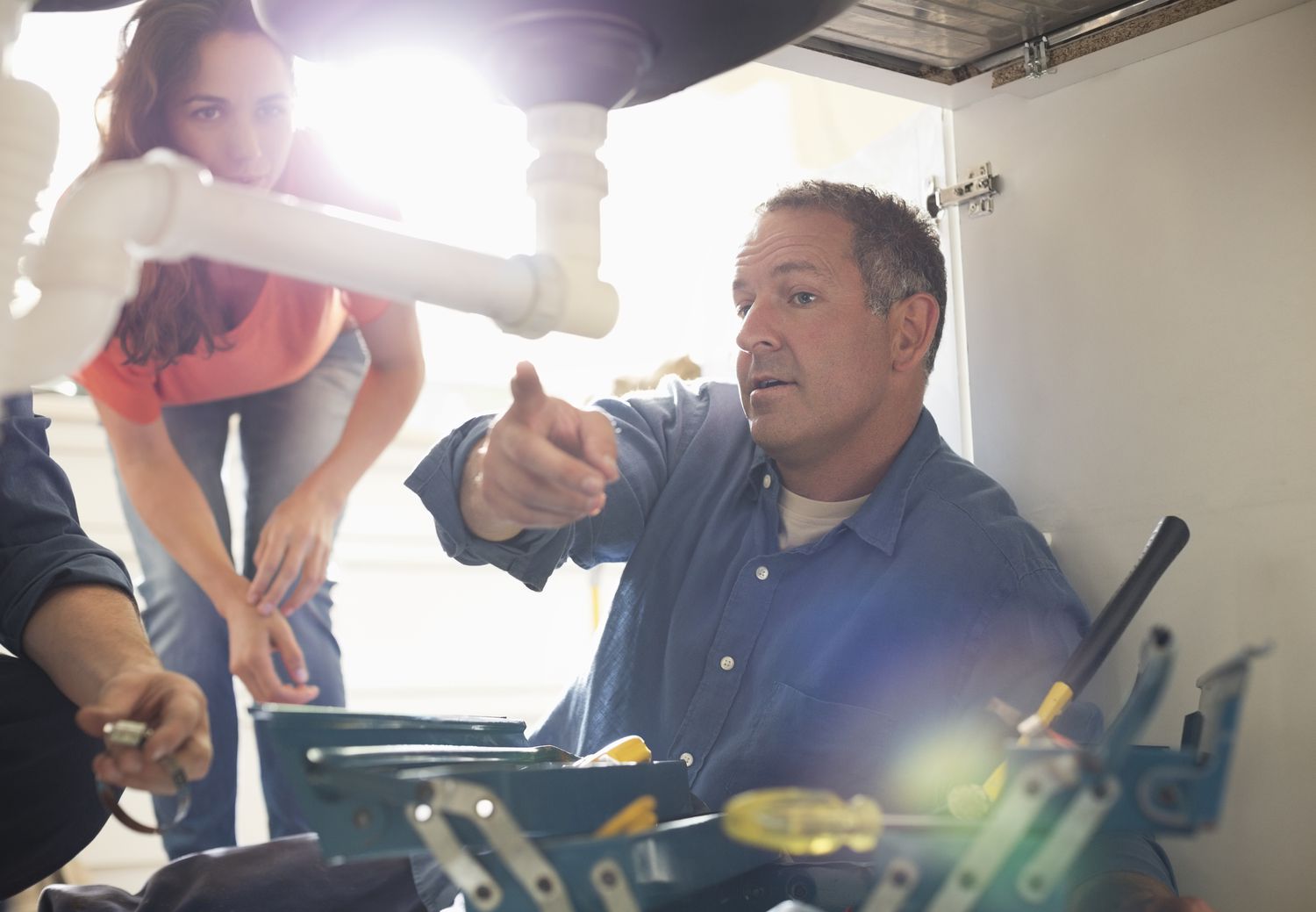

Articles
When Do I Need A Plumbing Permit
Modified: January 8, 2024
Discover when you need a plumbing permit with our informative articles. Ensure compliance and avoid costly mistakes.
(Many of the links in this article redirect to a specific reviewed product. Your purchase of these products through affiliate links helps to generate commission for Storables.com, at no extra cost. Learn more)
Introduction
Welcome to the world of plumbing permits! If you’re a homeowner or a contractor embarking on a plumbing project, understanding the importance of obtaining a plumbing permit is crucial. While it may seem like an additional hassle or an unnecessary bureaucratic step, plumbing permits play a significant role in ensuring the safety, legality, and integrity of plumbing work.
In this article, we will delve into the details of plumbing permits and why they are essential. We will explore the types of plumbing work that typically require a permit, the exceptions to the permit requirement, and the consequences of not obtaining a permit. We will also provide guidance on how to obtain a plumbing permit to help you navigate through the process.
Whether you are planning a major plumbing renovation, installing a new plumbing system, or making minor repairs, understanding the purpose and significance of plumbing permits will enable you to proceed with confidence and compliance. So, let’s dive in and uncover the world of plumbing permits!
Key Takeaways:
- Plumbing permits are essential for ensuring safety, compliance, and integrity of plumbing work. They offer professional oversight, insurance coverage, and increased property value, while protecting against legal repercussions and compromised safety.
- Skipping a plumbing permit can lead to legal consequences, voided insurance coverage, and difficulties in property transactions. It’s crucial to research local requirements, obtain the necessary permits, and follow proper procedures for a safe and compliant plumbing project.
What is a plumbing permit?
A plumbing permit is an official document issued by a local government or building department that grants permission to install, alter, or repair plumbing systems within a specific jurisdiction. It is a legal requirement that ensures plumbing work is performed according to established codes, standards, and safety regulations.
When a plumber or homeowner applies for a plumbing permit, it initiates a process of inspection and approval. This process typically involves submitting detailed plans, obtaining necessary approvals, and adhering to specific guidelines to ensure the plumbing work meets the required standards.
Plumbing permits are designed to protect the health, safety, and welfare of the public by ensuring that plumbing systems are properly installed, maintained, and repaired. By obtaining a permit, the local authorities can review the plans, conduct inspections, and ensure that the plumbing work is performed by qualified professionals, preventing potential hazards and minimizing risks.
It’s worth noting that plumbing permits are jurisdiction-specific. Each city, county, or state may have its own set of rules and regulations regarding the issuance of permits. Therefore, it is important to consult the local building department or authorities to determine the specific requirements for obtaining a plumbing permit in your area.
Why do I need a plumbing permit?
Obtaining a plumbing permit may seem like an inconvenience, but there are several important reasons why it is necessary:
1. Ensuring adherence to building codes and regulations: Plumbing permits are a way to ensure that your plumbing project complies with local building codes and regulations. These codes are in place to protect the safety and wellbeing of occupants and the integrity of the building.
2. Professional oversight and expertise: By obtaining a permit, you invite the expertise of building inspectors who will review your plans and inspect the work to ensure it meets safety standards. This oversight helps identify potential issues before they become major problems.
3. Insurance coverage: Most homeowner’s insurance policies require that any major plumbing work be done with the proper permits. If you skip obtaining a permit and something goes wrong, your insurance may refuse to cover the resulting damages.
4. Potential resale value: When you decide to sell your property, potential buyers will want to know if any renovations or repairs were done with proper permits. Having permits for plumbing work can increase the value and marketability of your home.
5. Protecting the public: Plumbing work that is done without proper permits may be subpar or unsafe. A plumbing permit ensures that the work is done by qualified professionals and meets safety standards, protecting both the occupants of the property and the general public.
6. Avoiding legal repercussions: Working without a permit can have legal consequences. If your local authorities discover unpermitted plumbing work, you may face fines or be required to redo the work with the proper permits.
7. Peace of mind: Obtaining a plumbing permit provides peace of mind knowing that your project is being carried out in a legal and safe manner. It also serves as documentation that the work was done according to the established codes and regulations.
Remember, every jurisdiction has its own rules, so it is important to check with your local building department to determine the specific requirements for obtaining a plumbing permit in your area. By following the permit process, you can ensure that your plumbing project is completed safely, legally, and with the highest quality standards.
Types of plumbing work requiring a permit
Not all plumbing work requires a permit, but there are several types of projects that typically do. Some common examples include:
1. New Construction: If you are constructing a new building or adding an additional section to an existing structure, you will likely need a plumbing permit. This includes installing new plumbing systems, such as water supply lines, drainage systems, and fixtures.
2. Remodeling or Renovation: Any significant alterations or renovations to existing plumbing systems, such as adding new bathrooms, relocating fixtures, or rerouting pipes, usually require a plumbing permit. This ensures the changes are made according to the building codes and safety regulations.
3. Water Heater Installation or Replacement: Installing a new water heater or replacing an existing one often requires a plumbing permit. This ensures the installation is performed correctly and meets the necessary safety standards.
4. Sewer Line Repair or Replacement: Repairing or replacing sewer lines typically requires a permit. This helps ensure that the work is done by a licensed plumber and meets the applicable codes and regulations.
5. Installation of Backflow Preventers: Backflow preventers, which prevent contaminated water from flowing backward into the main water supply, generally require a permit. This is to ensure that the device is installed properly and functions effectively.
6. Gas Line Installation or Repair: Any work involving gas lines, such as installing a new gas stove or repairing existing gas lines, typically requires a permit. This is to ensure the safety of occupants and prevent gas leaks.
7. Plumbing Repairs: Although minor plumbing repairs may not always require a permit, extensive repairs that involve replacing a significant portion of the plumbing system or require modifying the existing structure may require a permit. It is best to consult with your local building department to determine if a permit is necessary for your specific repair project.
Remember that each jurisdiction may have its own specific requirements, so it is important to check with your local building department to determine which plumbing projects require a permit in your area. By obtaining the necessary permits, you ensure that the plumbing work is done correctly, meets the necessary safety standards, and remains compliant with local regulations.
Exceptions to the plumbing permit requirement
While obtaining a plumbing permit is generally required for most plumbing projects, there are a few exceptions where a permit may not be necessary. These exceptions vary depending on local regulations, but common examples include:
1. Minor repairs and maintenance: Simple repairs or maintenance tasks that do not involve significant alterations to the plumbing system often do not require a permit. This may include fixing a leaky faucet or replacing a toilet flapper.
2. Emergency repairs: In cases of emergency, such as a burst pipe or a sewer line backup, immediate repairs may be necessary to mitigate further damage or health risks. Some jurisdictions may allow emergency repairs to be carried out without a permit, with the expectation that the permit will be obtained retrospectively.
3. Replacement of fixtures: In some cases, replacing existing plumbing fixtures, such as faucets or showerheads, may not require a permit. However, it is essential to check local regulations, as some jurisdictions may have specific requirements for fixture replacements.
4. Private well installation or repairs: If you are installing or repairing a private well for water supply purposes, you may not need a plumbing permit. However, you may still need to comply with other local regulations related to well drilling and water quality.
5. Certain agricultural or irrigation systems: Agricultural or irrigation plumbing systems that are not connected to the main water supply may not require a permit in some areas. However, it is essential to consult with local authorities to determine the specific requirements.
6. Temporary plumbing installations: Temporary plumbing installations for events or construction sites may be exempt from permit requirements in certain circumstances. However, it is crucial to verify with local authorities if temporary installations qualify for an exemption.
Please note that these exceptions are general examples and may vary based on your location and local regulations. It is always best to check with your local building department or plumbing authority to determine if your specific plumbing project falls under an exception and does not require a permit. Keeping an open line of communication with the relevant authorities will help ensure compliance with local regulations and avoid potential issues in the future.
Before starting any plumbing work, check with your local building department to see if a permit is required. Permits are typically needed for major plumbing projects, such as new installations, renovations, or moving existing plumbing lines. Always follow local regulations to avoid potential fines or complications.
How to obtain a plumbing permit
Obtaining a plumbing permit may seem like a daunting task, but with some preparation and understanding of the process, it can be relatively straightforward. Here are the general steps to follow when applying for a plumbing permit:
1. Research local requirements: Start by researching the specific requirements for obtaining a plumbing permit in your area. Contact your local building department or visit their website to gather information on the necessary documentation, fees, and any additional requirements.
2. Create a detailed plumbing plan: Before applying for a permit, create a detailed plumbing plan that includes all the relevant information about the proposed work. This plan should outline the plumbing fixtures, pipe routes, dimensions, and any other essential details required by the building department.
3. Complete the permit application: Fill out the plumbing permit application form accurately and completely. Provide all the necessary information, including your name, contact details, property address, and a description of the planned plumbing work.
4. Submit the application: Submit the completed application form and any additional required documents to the local building department. This may include your plumbing plan, specifications, product information, or any other relevant documentation they request.
5. Pay the permit fees: Pay the required permit fees. The amount will vary depending on the scope and complexity of the plumbing project. The building department will provide you with instructions on how to make the payment.
6. Wait for approval: Once the application and fees have been submitted, the building department will review your plumbing plan and documentation. They may ask for revisions or additional information if required. Wait for their approval before proceeding with any plumbing work.
7. Schedule inspections: Once your permit is approved, you will need to schedule inspections at various stages of the plumbing project. This may include rough-in inspections (before concealing pipes) and final inspections (after completion). Contact the building department to arrange the inspections and ensure compliance with the specified deadlines.
8. Complete the work: Start the plumbing work according to the approved plans and specifications. Ensure that all work is carried out by licensed professionals and adheres to the building codes and regulations.
9. Pass final inspection: Once the plumbing work is completed, contact the building department to schedule a final inspection. A building inspector will visit the site to verify that the plumbing work meets the necessary safety and code requirements. If the inspection is successful, you will receive a final approval.
10. Keep permit documentation: Keep all the permit documentation, inspection reports, and any related paperwork for future reference. This documentation may be required when selling the property or for insurance purposes.
Remember, the process of obtaining a plumbing permit can vary depending on your location. It’s important to familiarize yourself with the requirements and procedures specified by your local building department. By following these steps and maintaining clear communication with the building department throughout the process, you’ll ensure that your plumbing project is carried out legally, safely, and in compliance with local regulations.
Consequences of not obtaining a plumbing permit
Choosing to forgo obtaining a plumbing permit may seem tempting to save time and money, but it can lead to several significant consequences. Here are some potential repercussions of not obtaining a plumbing permit:
1. Legal consequences: Building codes and regulations are in place to ensure the safety and well-being of individuals and communities. Working without a permit violates these regulations, and you may face legal consequences such as fines or penalties imposed by the local authorities. In some cases, you may be required to remove or redo the plumbing work at your own expense.
2. Compromised safety: Plumbing permits require adherence to specific standards and codes designed to protect the safety of occupants. By bypassing the permit process, you risk subpar or unsafe plumbing work that may lead to leaks, water damage, or even health hazards. This can compromise the well-being of those using the plumbing systems and potentially result in costly repairs or health-related issues down the line.
3. Voided insurance coverage: Homeowner’s insurance policies often require permits for significant plumbing work. If you proceed without a permit and encounter issues or damages related to the plumbing project, your insurance company may refuse coverage for those damages. This can leave you financially responsible for repairs or replacement costs.
4. Negative impact on property value: When it comes time to sell your property, the absence of permits for plumbing work can impact the value and marketability of your home. Smart buyers conduct due diligence and may be wary of purchasing a property with unpermitted plumbing alterations. It can lead to negotiations, delays, or even the loss of potential buyers.
5. Higher costs in the long run: While obtaining a permit may involve some costs upfront, not doing so can result in higher expenses in the long run. If the unpermitted plumbing work fails or causes damage, you will be solely responsible for repairing or replacing it without any recourse to insurance or warranty coverage. Additionally, in some cases, the building department may require penalties or fines to be paid before approving retroactive permits.
6. Difficulty selling or refinancing: Unpermitted plumbing work can complicate the process of selling or refinancing your property. Lenders or potential buyers may insist on proof of permits and may require inspections to ensure the plumbing work meets safety standards. Without proper permits, you may face challenges and delays during these transactions.
7. Loss of trust or credibility: Working without a plumbing permit can negatively impact your reputation as a homeowner or contractor. It may result in strained relationships with neighbors, contractors, or local authorities. Trust and credibility are important in the construction and real estate industry, and choosing to bypass permits can erode that trust.
It is important to note that the consequences and severity can vary depending on the specific circumstances and local regulations. To protect yourself, your property, and the well-being of those using the plumbing systems, it is highly recommended to obtain the necessary permits for any significant plumbing work. By doing so, you ensure compliance with building codes, gain the necessary approvals, and maintain peace of mind knowing that the work is performed safely and legally.
Frequently Asked Questions about Plumbing Permits
Here are some commonly asked questions about plumbing permits:
1. Do I always need a plumbing permit?
Not all plumbing work requires a permit. The requirement varies depending on the type and scope of the project and local regulations. Minor repairs and maintenance tasks may not require a permit, but major renovations, new installations, or significant alterations typically do.
2. How do I know if my plumbing project requires a permit?
To determine if your plumbing project requires a permit, you should contact your local building department or visit their website. They will provide you with the specific regulations and requirements for plumbing permits in your area.
3. How much does a plumbing permit cost?
The cost of a plumbing permit can vary depending on the location, the complexity of the project, and the specific fees set by the local building department. It is best to inquire with the department to obtain accurate information about the cost of the permit.
4. How long does it take to obtain a plumbing permit?
The timeline for obtaining a plumbing permit can vary depending on the workload of the building department and the complexity of your project. It is advisable to apply for a permit well in advance to ensure you have sufficient time before starting the plumbing work.
5. Can I apply for a plumbing permit as a homeowner or do I need a licensed professional?
In many jurisdictions, homeowners may apply for plumbing permits themselves. However, some areas may require a licensed professional to obtain the permit on behalf of the homeowner. It is important to check the specific requirements of your local building department.
6. What documents do I need to submit to obtain a plumbing permit?
The documents required for a plumbing permit application may vary, but commonly requested documents include a detailed plumbing plan, specifications of materials to be used, product information, and any other documentation requested by the building department. It is advisable to inquire with the department for the exact requirements.
7. Can I start my plumbing project before obtaining the permit?
No, it is generally advised not to start any plumbing work before obtaining the necessary permit. Proceeding without a permit can result in legal consequences, fines, and potential problems with future inspections or sales of the property.
8. What happens if I make changes to my plumbing project after the permit is issued?
If you need to make changes to your plumbing project after the permit is issued, it is essential to contact the building department and inform them of the modifications. Depending on the extent of the changes, they may require an amended permit or additional inspections.
9. What should I do if my plumbing project fails inspection?
If your plumbing project fails inspection, the building inspector will typically provide you with a list of corrections or repairs that need to be made. You will then need to address these issues before requesting a re-inspection.
10. Can I request an extension on my plumbing permit?
In some cases, it may be possible to request an extension on your plumbing permit if you encounter unexpected delays. However, this will depend on the specific policies of your local building department. It is best to contact them directly to inquire about the possibility of an extension.
Remember, the answers to these questions may differ depending on your location and local regulations. It is always advisable to consult with your local building department or plumbing authority to get accurate and up-to-date information regarding plumbing permits in your area.
Conclusion
Obtaining a plumbing permit is a crucial step in ensuring the safety, compliance, and integrity of plumbing work. While the process may seem daunting, it is an essential part of any significant plumbing project. By obtaining a plumbing permit, you adhere to building codes, regulations, and safety standards set by your local authorities.
Plumbing permits provide several benefits, including professional oversight, insurance coverage, increased property value, and peace of mind. They also help protect the health and well-being of occupants and prevent potential hazards associated with subpar plumbing work.
When embarking on a plumbing project, it is important to familiarize yourself with the specific plumbing permit requirements in your area. Research local regulations, create a detailed plumbing plan, complete the permit application, pay the necessary fees, and adhere to any inspections or deadlines set by the building department.
Choosing to proceed without a plumbing permit can have severe consequences, including legal repercussions, compromised safety, voided insurance coverage, difficulties with property transactions, and increased long-term costs. It can also damage your reputation as a homeowner or contractor.
Remember, every jurisdiction may have its own rules and requirements regarding plumbing permits. It is essential to consult with your local building department or plumbing authority to ensure compliance with the specific regulations in your area.
By obtaining the necessary plumbing permit and following the proper procedures, you demonstrate your commitment to the safety and quality of your plumbing project. Invest the time and effort to obtain a plumbing permit, and you will have the peace of mind that comes with knowing your plumbing work is being done safely, legally, and according to established standards.
Frequently Asked Questions about When Do I Need A Plumbing Permit
Was this page helpful?
At Storables.com, we guarantee accurate and reliable information. Our content, validated by Expert Board Contributors, is crafted following stringent Editorial Policies. We're committed to providing you with well-researched, expert-backed insights for all your informational needs.
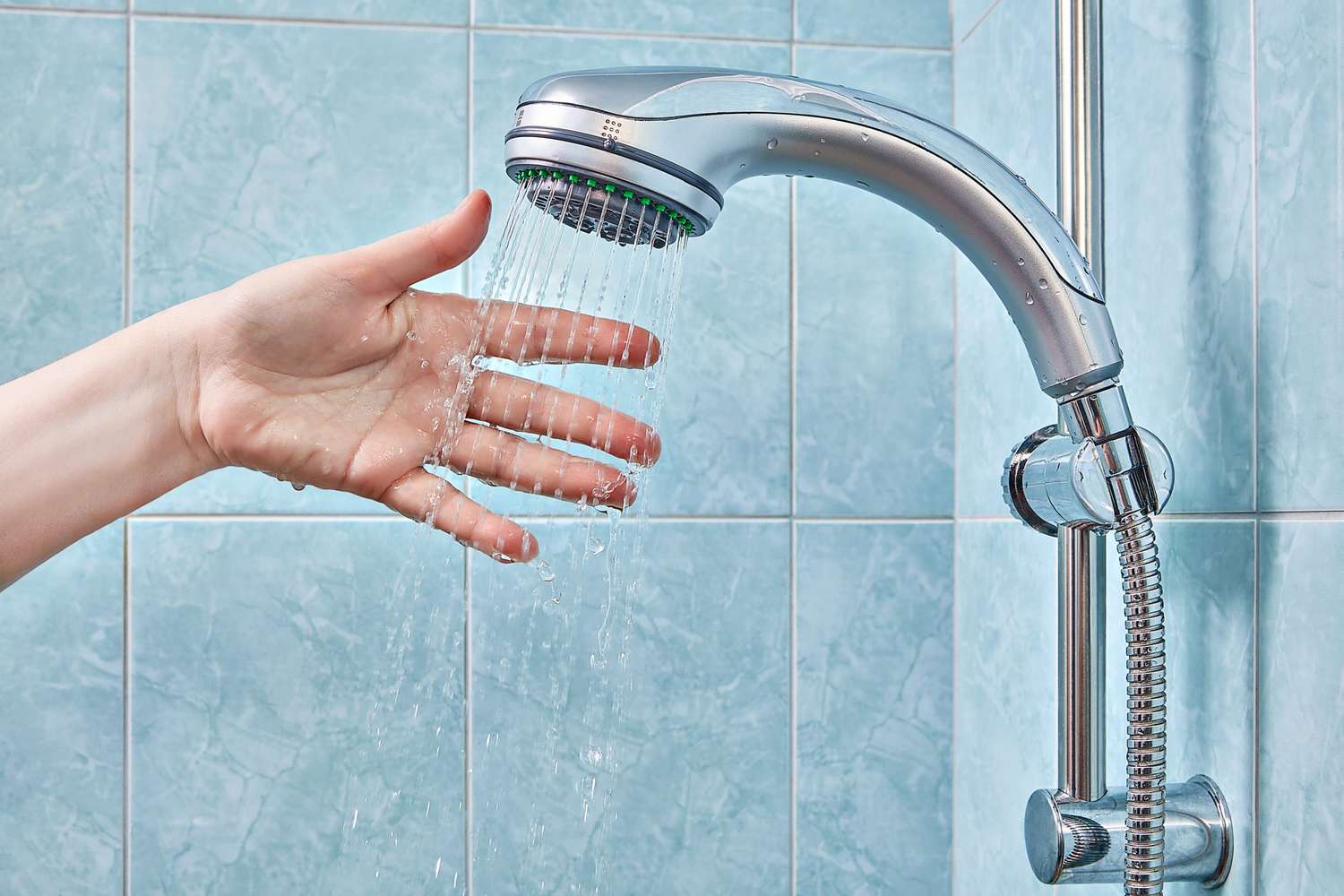
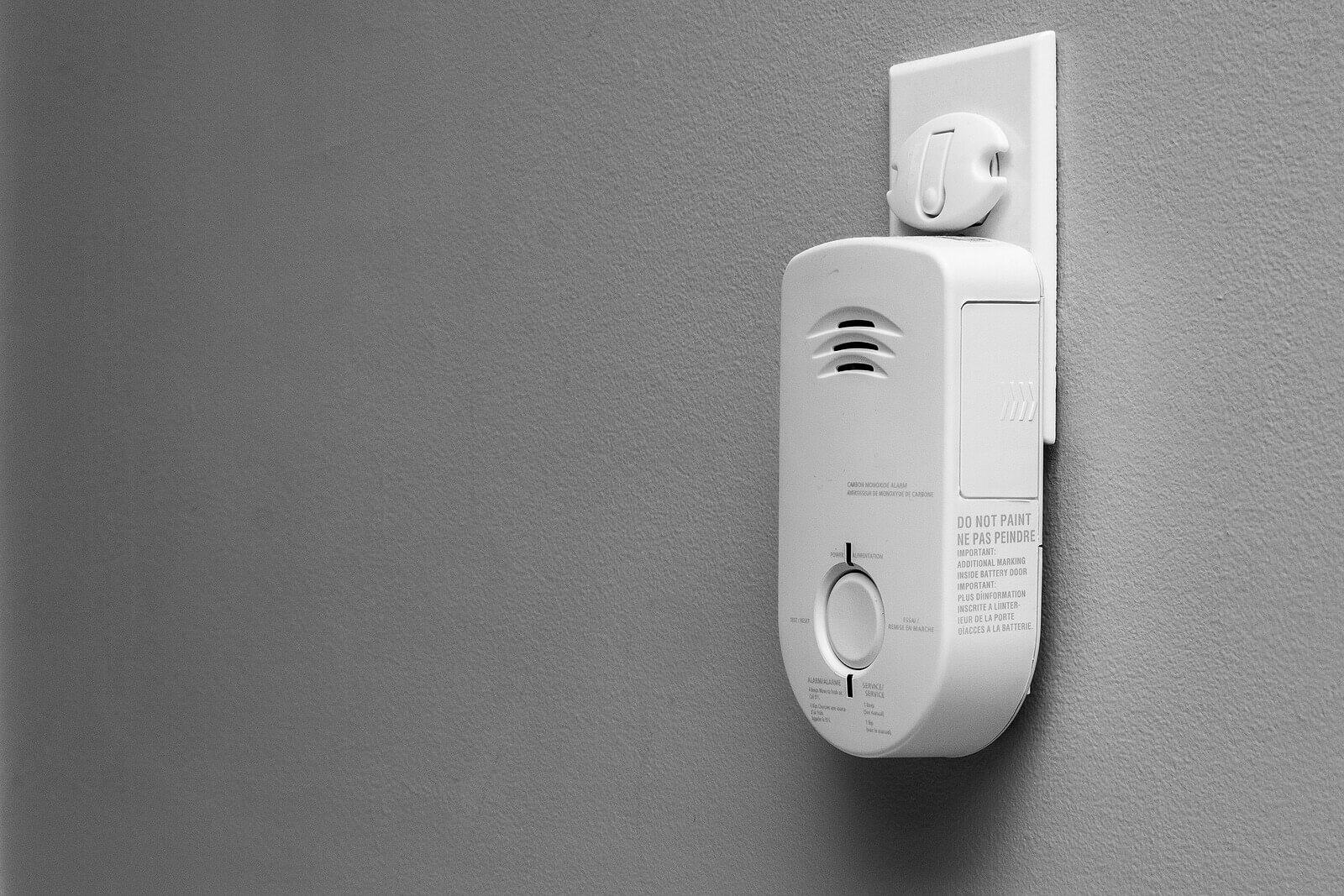

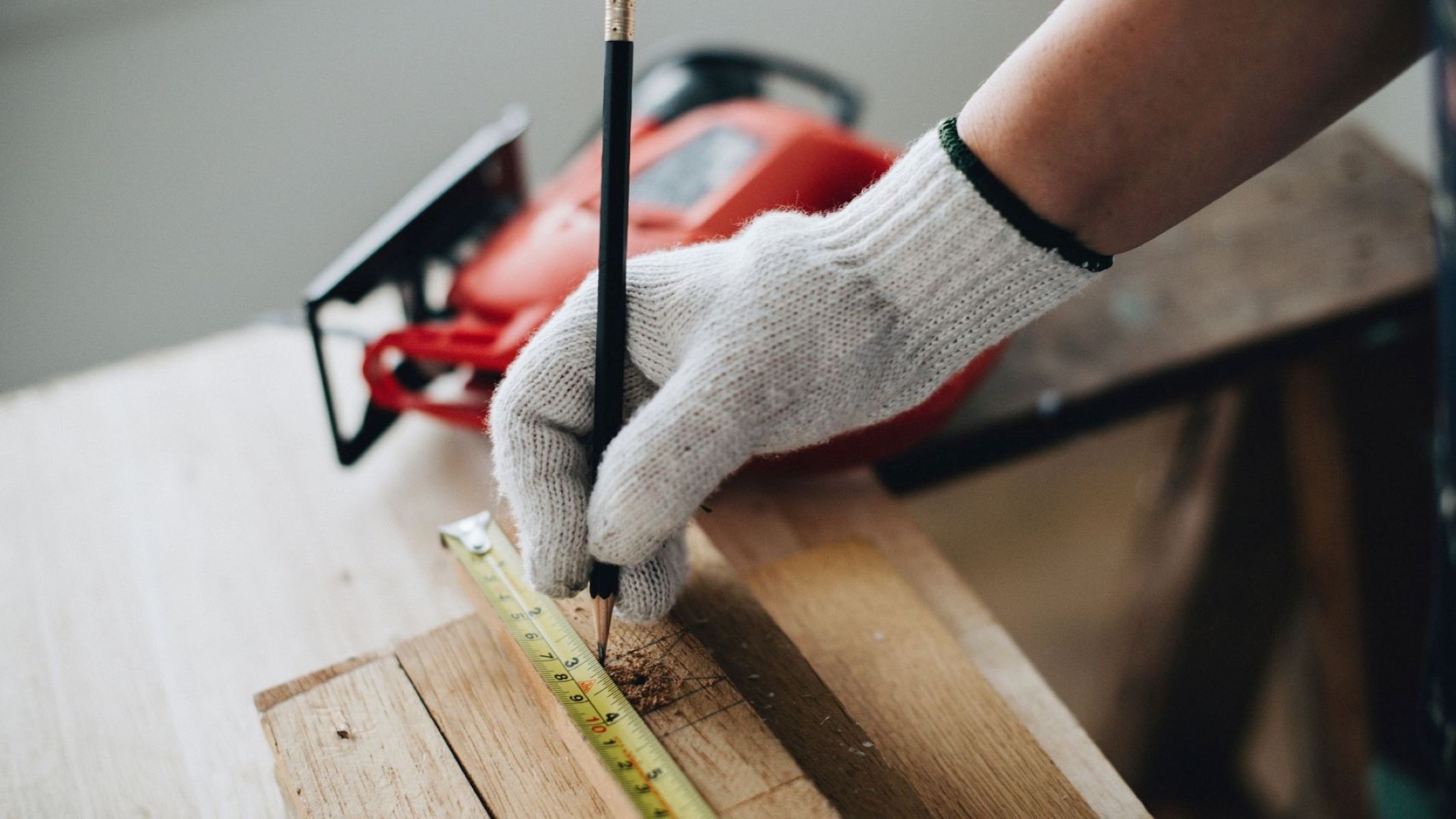
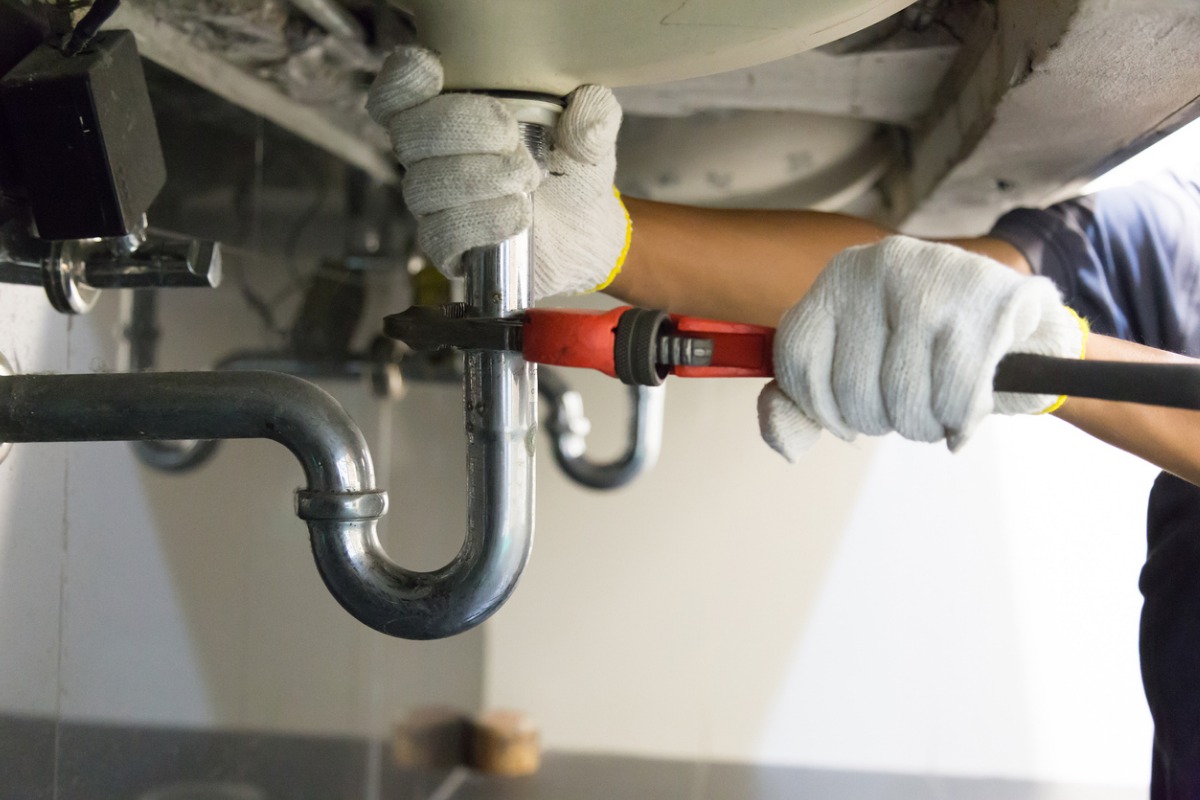

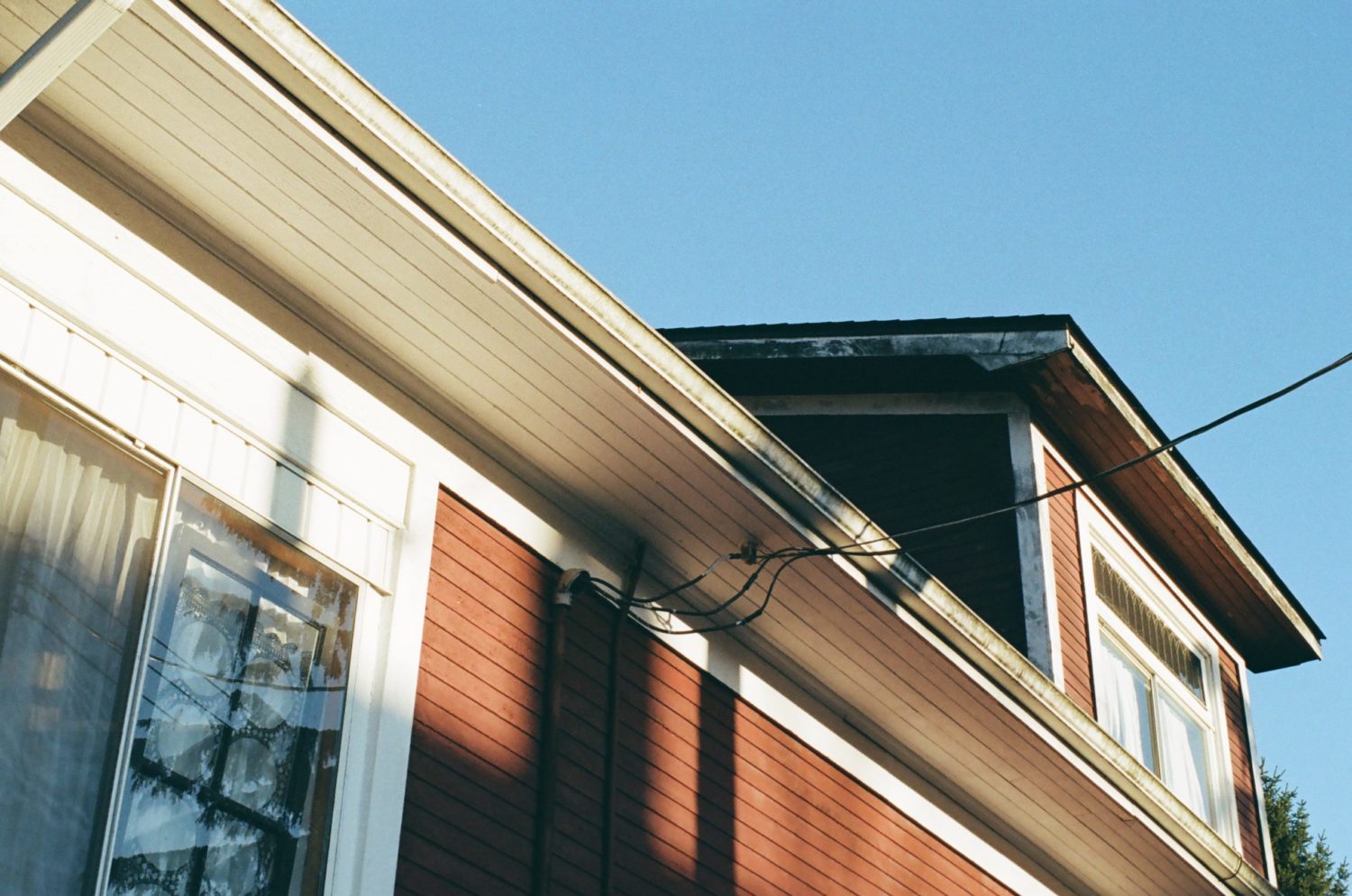
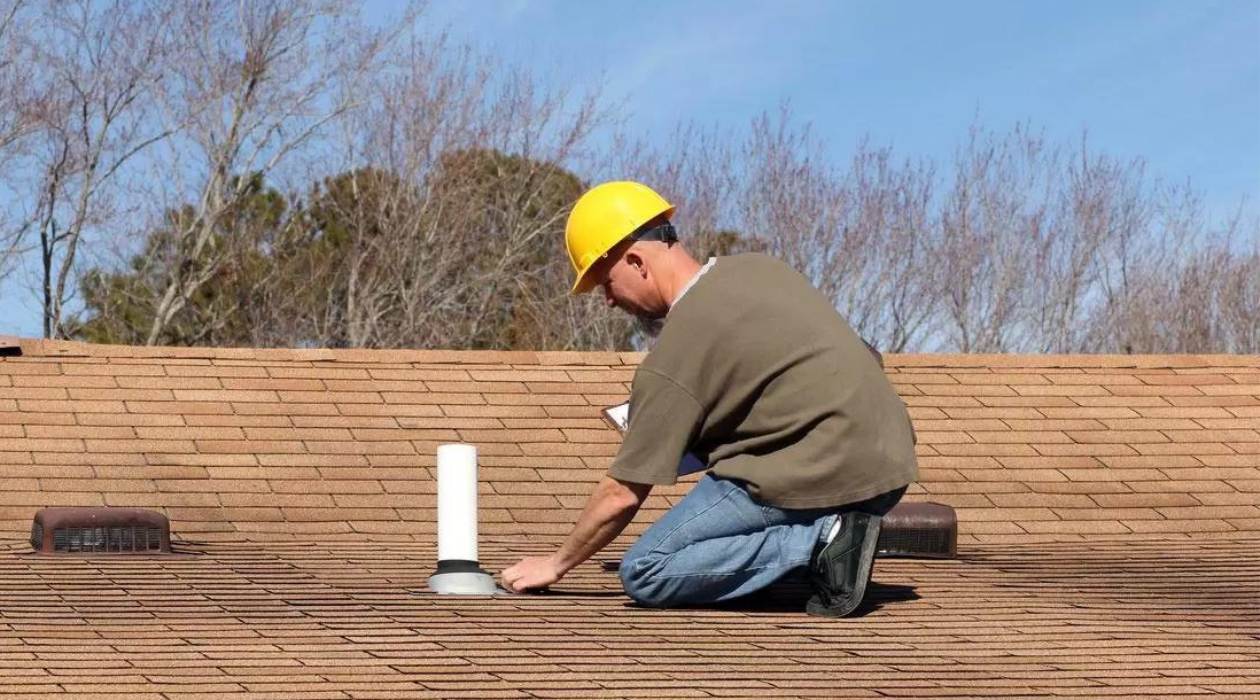
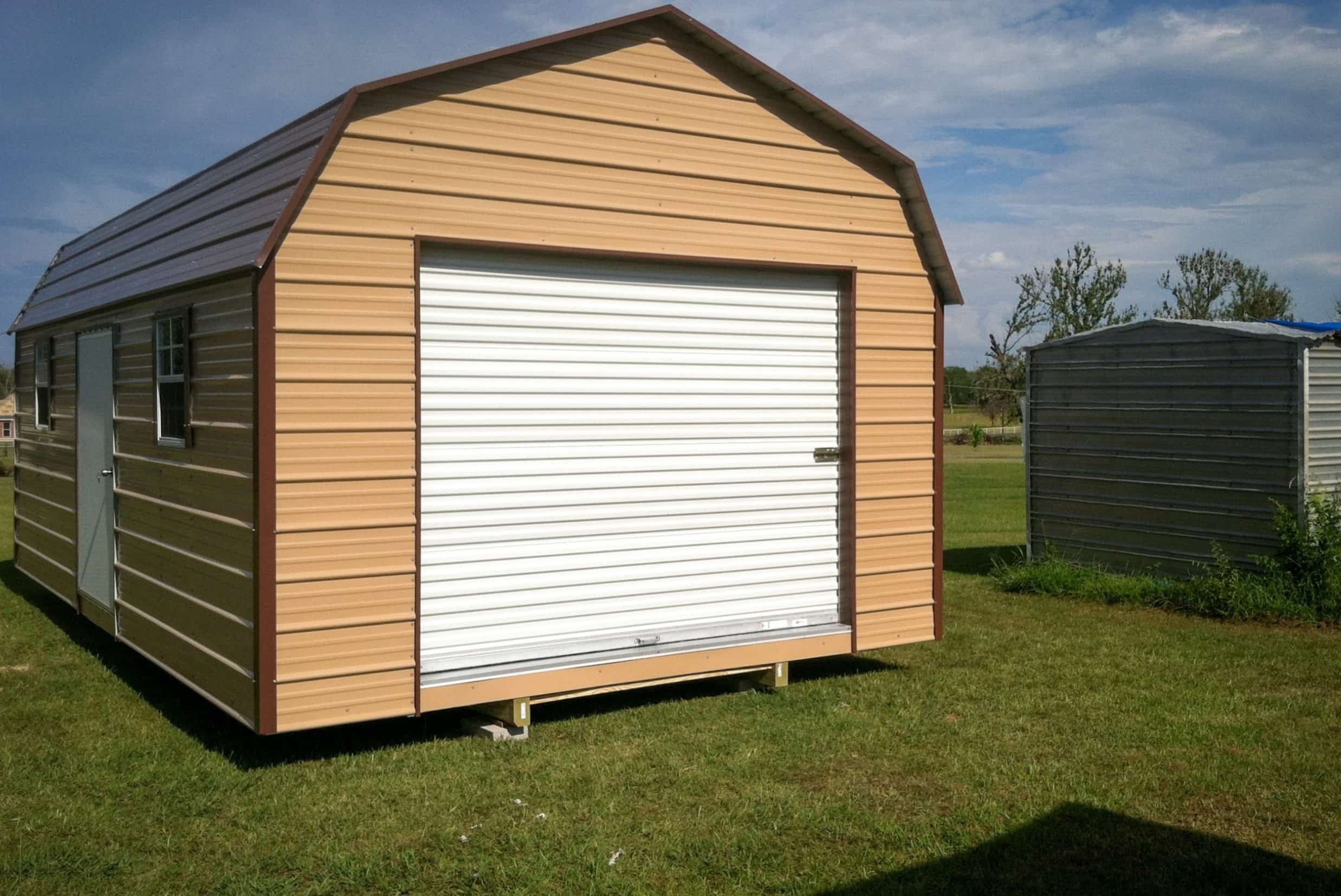
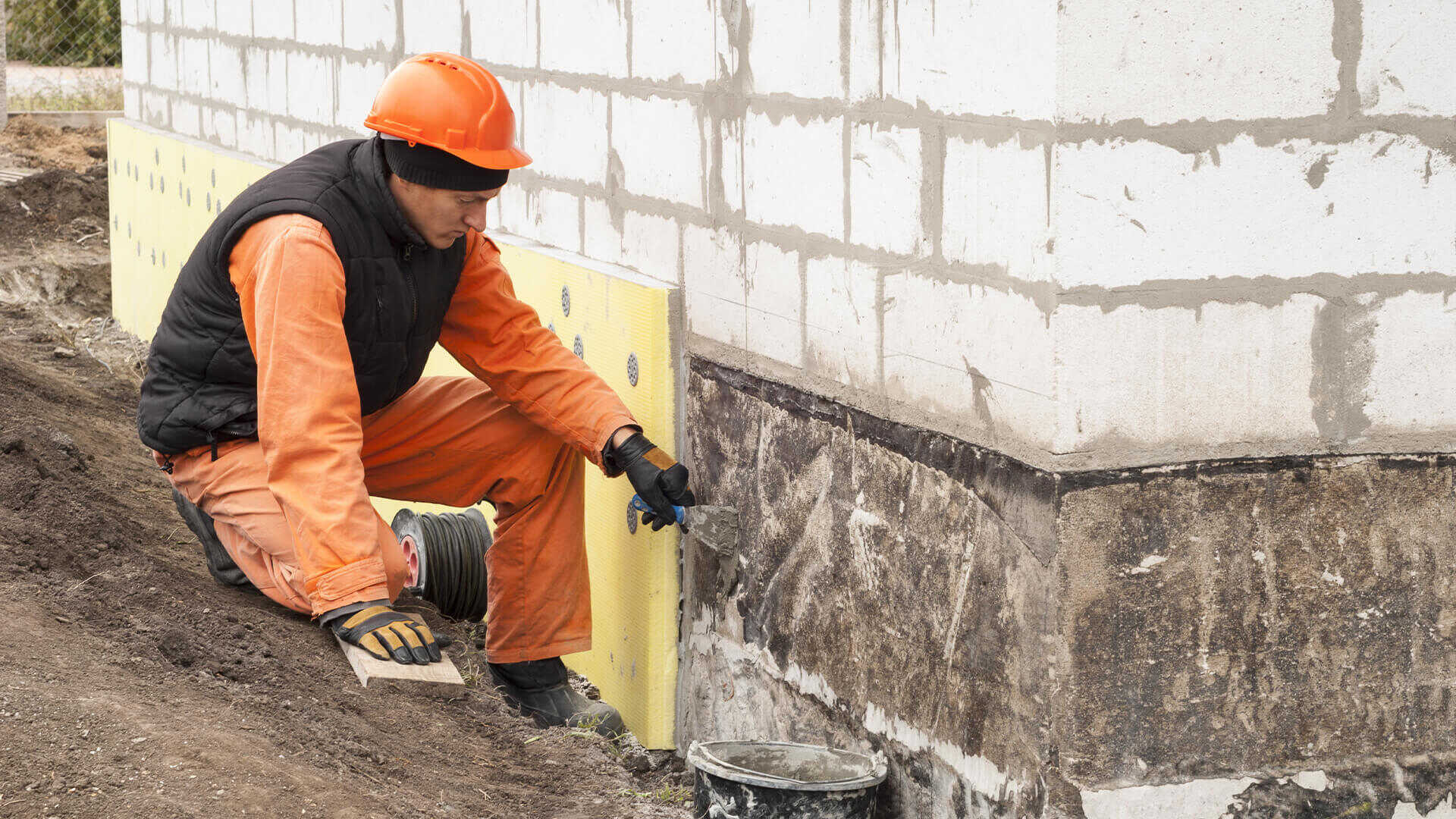





0 thoughts on “When Do I Need A Plumbing Permit”